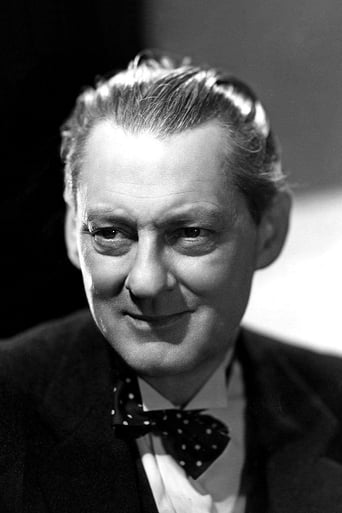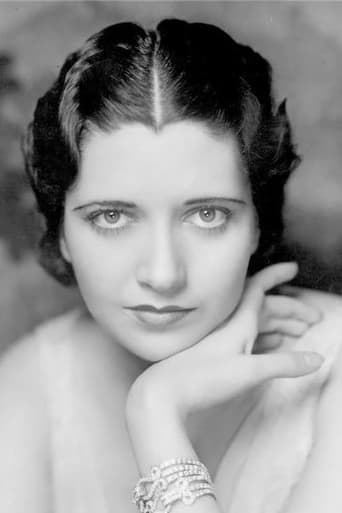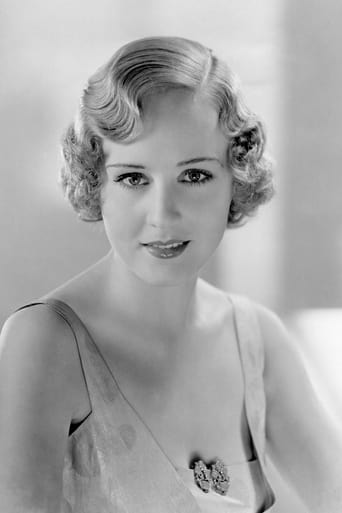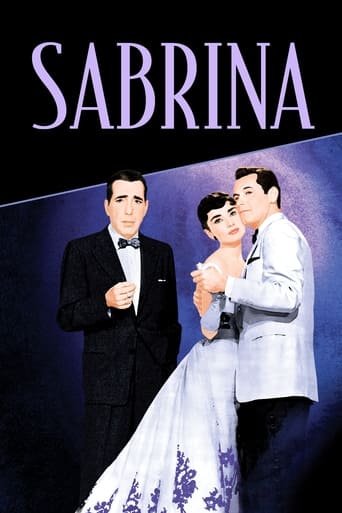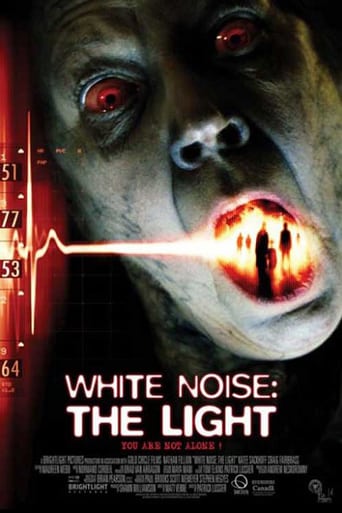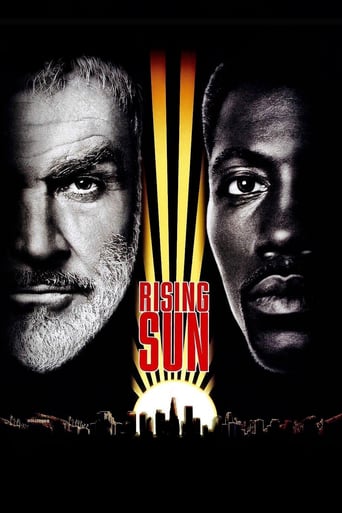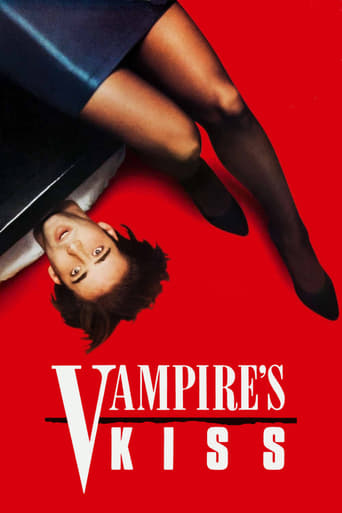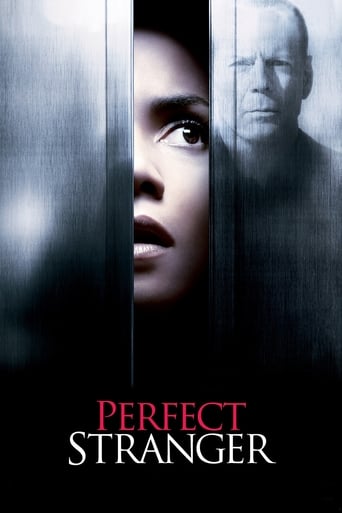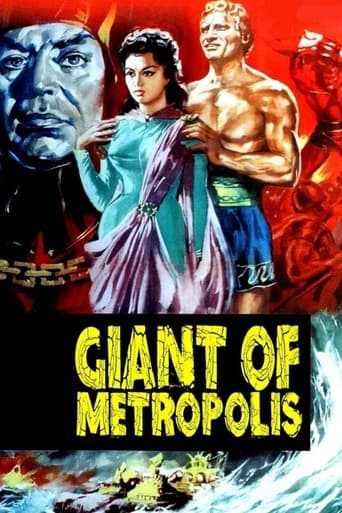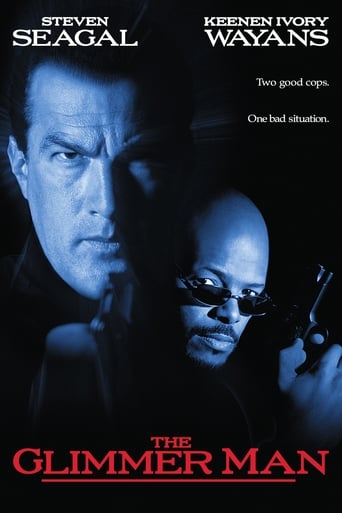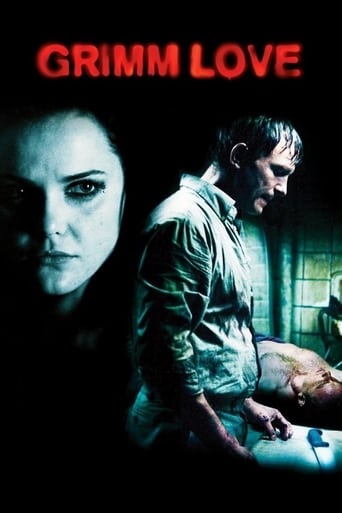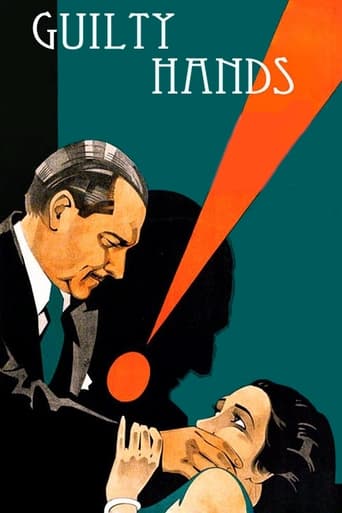
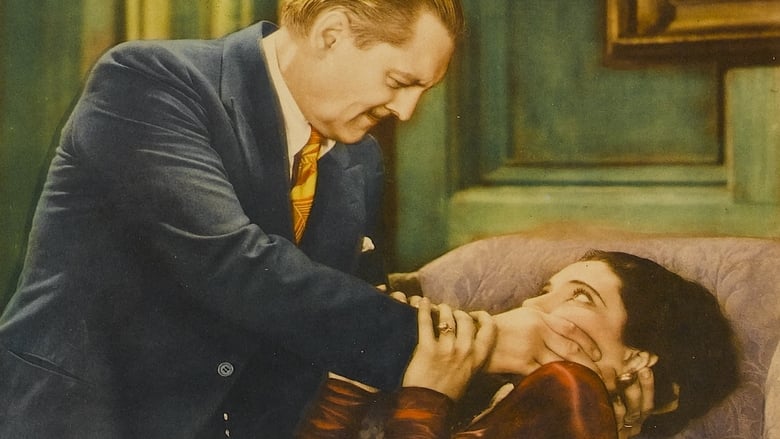
Guilty Hands (1931)
A district attorney commits the perfect murder when he kills his daughter's womanizing fiancé and then tries framing the fiancé's lover.
Watch Trailer
Cast


Similar titles
Reviews
An inside-out murder mystery, one in which you know who dunnit and watch only to see if he can get away with it, "Guilty Hands" gets right down to business, as it has to - this isn't the kind of material that can take much stretching. It's already a bit of a stretch. But in a good way.At just over an hour, the film is essentially a programmer, never meant to be the main attraction of a night's entertainment. Exhibitors would pair it with a bigger picture, and add a couple of specialty shorts, choosing from among the available cartoons, song plugs, and travelogs. A night at the movies ca. 1931 set the pattern for a night around the TV-set in later decades. On that analogy, "Guilty Hands" is like a middling-to-better episode of Alfred Hitchcock Presents; it even sports an opening hook worthy of that show: a voice in the dark, talking of crime, says that a really clever fellow might commit a perfectly undetectable murder - and that under some circumstances, murder might be justified.The dark room turns out to be the smoking lounge of a train passing through a long tunnel, and soon after we come into the light the speaker, a lawyer who has in his varied career both prosecuted and defended murderers, finds himself in a tight spot that practically invites him to put his theory into practice. Lionel Barrymore, as the lawyer, leads a cast who do nothing short of a good professional job of putting across the high and low mischief that ensues. Barrymore's target, a rich rotter played by Alan Mowbray, is so dried out with debauchery that it comes as a surprise how much fight he has in him when he knows he's a marked man - cussedness seems to get his juices flowing. Soulful-eyed Kay Francis, as Mowbray's lover and (she hopes) Barrymore's nemesis, moves with the right mixture of languor and ardor - her character is half vamp, half noble sufferer - but she's been directed in one scene into some hambone-pantomime attitudes of terror, a style of acting that was already terribly old-fashioned in 1931. She does it expertly, and she's so beautiful we'd want to go on watching her anyway; still, the fustian is unfortunate. Less lucky in their roles are Madge Evans, as Barrymore's daughter, and the lad who plays her ideal young suitor: both characters are so bland the actors can do nothing with them but say their lines and try not to look too foolish. They manage it, and the film doesn't linger over them.Not lingering is the movie's best tactic for wriggling past its occasional weaknesses, especially the implausible motivation of that daughter character - she is possibly a watered down version of whatever the writer originally intended. The brisk pace comes from the makers' showbiz savvy; and if there was watering down, it was likely caution based on the same kind of wisdom about "what the traffic will bear." Those pre-code movies were seldom as daring as they're now cracked up to be; they were bent on entertaining, and a little bit of salaciousness could stir the plot - but they tried not to leave a bad taste in anyone's mouth.Come now, what masques, what dances shall we have, to wear away this long age of three hours between our after-supper and bed-time? "Guilty Hands," plus a couple of shorts - and another, better movie, thanks.
When strait-laced district attorney Lionel Barrymore discovers that his daughter has been having an affair with ladies man Alan Mowbray, he confronts him. But Mowbray isn't easily intimidated. Barrymore's daughter is simply the latest in his long line of conquests and he will only leave her when he has made her life miserable. Barrymore has only one option -- to commit the perfect crime, murdering Mowbray. But this is a movie -- and you can't let a killer get away. So in what has to be one of the weirdest cop-outs in Hollywood history, Barrymore pays for his dastardly deed. I won't spoil the fun by telling you how it happens -- but you've got to give the screenwriter credit for truly bizarre ingenuity.
I really did not care for the acting in the film, with the exception of Lionel Barrymore, who (Spoilers ahead) played the murderer Richard Grant, nor with one notable exception the characters, because until the last 15 minutes, none are really worth rooting for, because they are either bad, naive or do nothing for the film. Even Barbara "Babs" Grant who is the daughter of Grant, is not the type of character you feel for (Let alone want to marry), because she set in motion the murder of Gordon Rich (Alan Mowbray), by agreeing to marry him almost on a whim, despite the fact she knows he is a creep. However, those final 15 minutes are the best part, because (Spoilers ahead)Marjorie West (Kay Francis) who is the kicked upon g/f of Rich, is willing to do the right thing and risk her own life and expose Grant as the killer (Grant goes through a long scene explaining how she will either get inherited millions from Rich, or be put on trial for the murder), until fate interferes and Grant is killed (Spoilers ahead), with the gun that he used on Rich. This allows her to remain quiet, and not tarnish the reputation of everyone else involved. Finally, for a film to work, you must either like the acting, like the characters, hate the characters (Rich is not likable, but is not a memorable screen villain), or some combination. In this film, the only good acting is done by Barrymore, and the only character that I like is Marjorie, because of her willingness to uncover and fight for the truth, no matter what, then by staying silent for the benefit of Babs.
What a dopey little melodrama, even by the impoverished standards of early talkies. Lawyer Barrymore brags about being able to commit the perfect murder, then supposedly commits it, then conducts a pointless investigation among the guests in the country house, while a phony early-talkie thunderstorm rages outside. In the end he gets his ludicrous just deserts. Barrymore smacks his lips and harrumphs in his hammy theatrical style that was mistaken for great acting at the time, and he and Kay Francis, playing the deceased's mistress, seem to have a contest going over who can pop their eyes more. The scriptwriting is so lazy that we can't tell how we're supposed to feel about the protagonists, and the pretty young couple who supposedly should capture our sympathies are far too insipid to care about.


